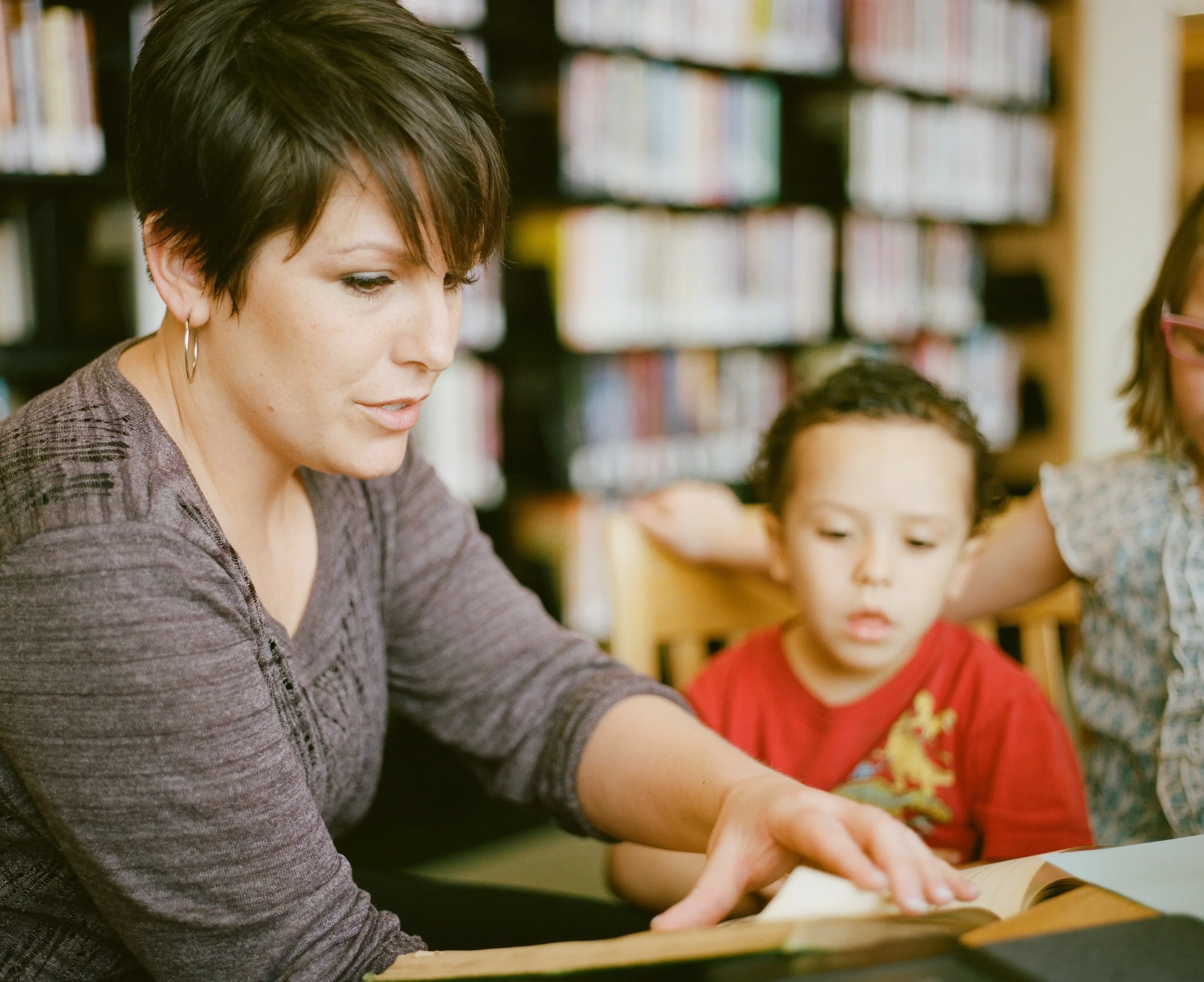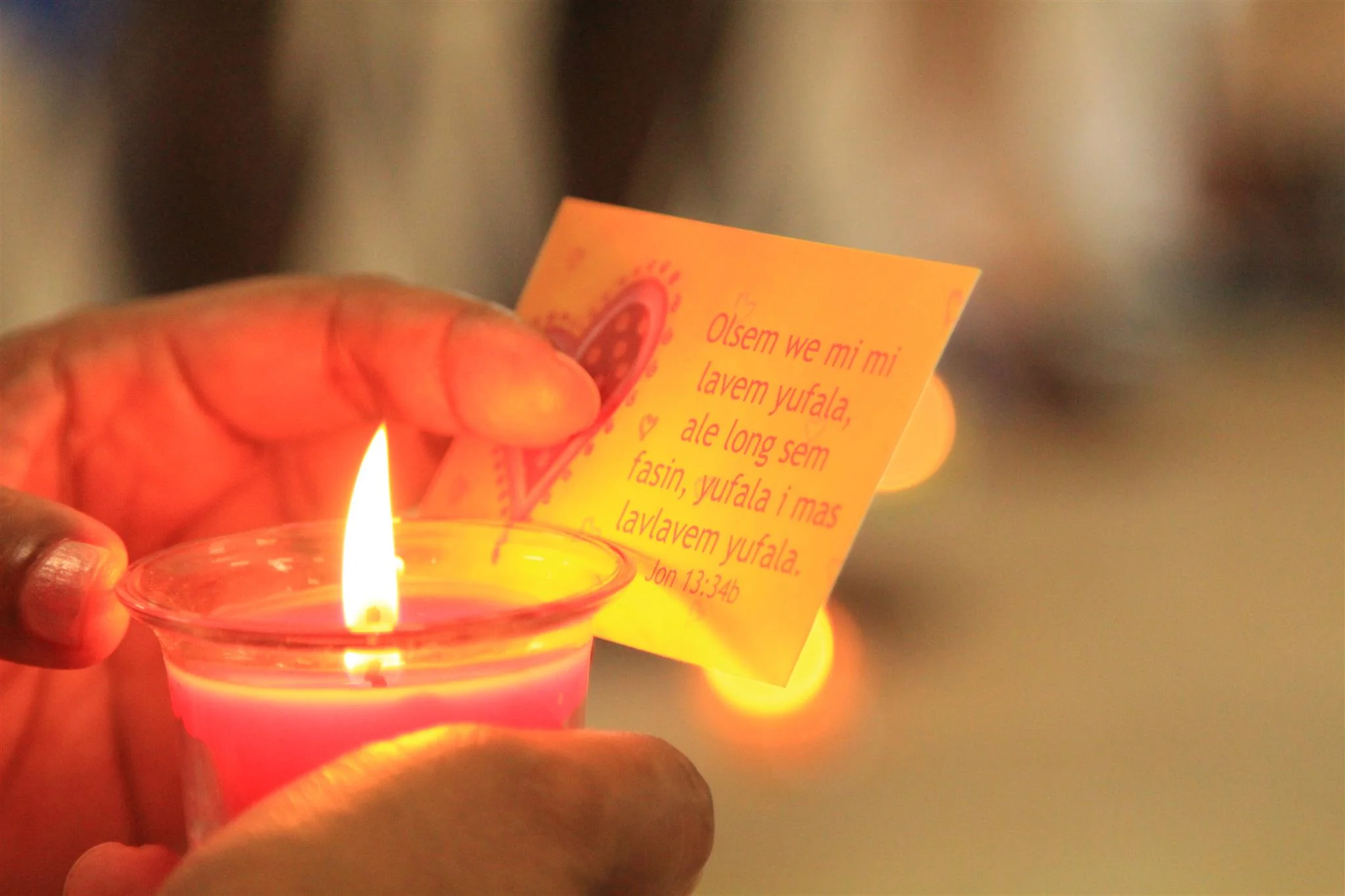Dr Adrian Bazbauers (@AdrianBazbauers) of the Public Service Research Group, UNSW Canberra discusses his new analysis of how multilateral development banks approach gender.
Read MoreToday’s blog post from Myfan Jordan (@myfan_jordan) of Grassroots Research Studio follows last week’s article describing workplace experiences for women over 40 during the pandemic: Pandemic or endemic: older women and the toxic workplace. Today, we hear the experiences of a disability educator and a healthcare worker during the pandemic. In their own words, they tell us of the psychological health and safety risks they experienced working at the frontline.
Read MoreJenny Chanfreau (@JenChanf) provides some reflections on gendered patterns of how adults assist their ageing parents, analysed according to sibling composition. This post is based on Jenny’s article in Ageing & Society, and first appeared on the FemQuant blog.
Read MoreGender equality and the treatment of women have been persistent political and policy issues throughout the 46th Australian Parliament. In today’s analysis, Associate Professor of International Relations Katrina Lee-Koo (@KateLeeKoo), from Monash University (@MonashUni), explores how gender equality and the treatment of women are likely to shape the vote at Saturday’s election.
Read MoreIn this punchy piece about gender discrimination and employee dress codes, Dr Briony Lipton (@briony_lipton) discusses work clothing in the time of coronavirus. With reference to the Department of Home Affairs’ attempts to ban sleeveless blouses from video calls for employees working at home, Dr Lipton explores changing norms of workplace attire and the confusion they can entail…
Read MoreOn Wednesday and Thursday of this week, 16 – 17 June 2021, the 50/50 by 2030 Foundation hosted its inaugural symposium, ‘Equals Now’ at the University of Canberra. In today’s post, Laura Davy (@LauraKDavy) and Briony Lipton (@briony_lipton) reflect on the key themes and highlights from this excellent 2-day conference.
Read MoreFor decades addressing men’s violence against women has been “a women’s issue” and women’s responsibility. Women have established shelters and refuges to provide safety to women and children, women have taken to the streets to march for their safety, women have shared their lived experiences of violence and much more. We rarely hear from men or from children about their experiences of living with and witnessing men’s violence. This deeply personal piece seeks to start to change that.
Read MoreThere is a long-standing assumption that medicine, and the research underpinning medical interventions, is gender neutral. However, a growing body of evidence is demonstrating that this is not the case, with harmful consequences. Today’s analysis, from Dr Amy Vassallo (@amyjvassallo), Dr Cheryl Carcel (@cheryl_carcel), Prof Louise Chappell (@chappell_louise), Prof Robyn Norton (@RobynNorton8), Dr Janani Shanthosh (@janshanthosh), Prof Mark Woodward and Dr Zoe Wainer (@dr_zoe_wainer) of The George Institute for Global health (@GeorgeInstitute) provide an overview of current research, policy and practice gaps in Australian medical research. This analysis is drawn from their article, recently published in The Medical Journal of Australia.
Read MoreRecent research conducted by the University of Melbourne and LaTrobe University reports that women are experiencing higher levels of anxiety as a result of the coronavirus, and while the Federal Government has recently announced $20 million more in financial support for mental health responses, the funding priorities are out of step with emerging needs. In today’s analysis, Sarah Squire (@SquireSarah) of the Butterfly Foundation (@Bfoundation) explains how COVID-19 responses are exacerbating poor mental health for women and girls who are impacted by disordered eating.
Read MoreIn partnership with the National Foundation for Australian Women (@NFAWomen), we are running a series of pieces that analyse how the Covid-19 pandemic is differentially impacting on women. In our first of the series, Frances Davies (@fdavies49), of the NFAW Social Policy Committee, provides an overview of the Jobseeker, Jobkeeper, and other stimulus payments and what they will mean for women.
Read MorePaige Fletcher, a PhD Candidate at Flinders University, is examining the influence of actors outside government on public policy through a case study of feminist organisations and policy addressing gendered violence. She explains here why this research is needed and how to get involved.
Read MoreIn the wake of International Women’s Day last Sunday, an annual United Nations day with a 2020 theme of ‘I am Generation Equality: Realising Women’s Rights’. Sarah Squire (@SquireSarah) of the Butterfly Foundation (@BFoundation) explores the role that diet culture and other sociocultural factors play in women and girls’ lives. Reflecting on some key challenges, she suggests policy levers and tips for improving women’s relationships with their bodies. This blog originally appeared on The Butterfly Foundation website.
Read MoreIn order to truly represent Australia in all its diversity, we also need greater diversity in our politics. Evidence shows that increasing female representation has a very real impact on the legislation that is raised. In Australia, however, while the numbers of women in politics is slowly inching upward, many women have said that engaging in politics come at a cost seldom borne by their male counterparts: Consider, for example, Nova Peris’ recent comments on the racial abuse she endured, or the slander endured by Senator Sarah Hanson-Young.
For International Women’s Day, in today’s post Blair Williams (@BlairWilliams26) of Australian National University provides an overview of her research into the way women Prime Ministers are portrayed in the media, how that denigrates their authority and capability, and the negative impact it is having on increasing female political representation.
Read MoreIn Australia, women’s presence in data is often cause for concern - for example, the way that women are monitored and controlled by the government when receiving welfare or attempting to collect child support; experiences magnified for Indigenous women. Their data invisibility can also be worrying; for example, when the time use survey dropped off in 2006 or when CALD women (and men) are excluded from mental health research. Data collection and use can create trauma, disadvantage and marginalisation; alternately divergent experiences are rendered invisible when data is not collected to tell silenced stories. In today’s analysis, the use and abuse of data gets the gender treatment from Marika Cifor (@marika_louise) and Patricia Garcia (@thebigfiveone). Together they led a workshop that created a “Manifest-No” which details both the harms and potential of data collection from a feminist and intersectional perspective. In today’s analysis they provide a rationale as well as a summary of main points; read the entire Manifest-No here, and find more information on the Manifest-No here.
Read MoreToday the Interim Report of the Royal Commission into Victoria’s Mental Health System was handed down, following receipt of 3,267 submissions and testimony from 99 witnesses before the four Commissioners. In the wake of yesterday’s announcement of the formation of the Women’s Mental Health Alliance, Sarah Squire (@SquireSarah) of Good Shepherd Australia New Zealand (@GoodAdvocacy) analyses how well the report responds to the mental health needs of women and girls.
Read MoreIs there a gendered component to leisure time? Who organises and facilitates it in heterosexual couples? While the reinstatement of the Time use Survey is an important step in understanding how Australians use their time, in today’s analysis Julia Cook (@julia_anne_cook) of University of Newcastle (@Uni_Newcastle) and Dan Woodman (@DrDanWoodman) of University of Melbourne (@unimelbsoc) share the findings from their recently-published paper which utilises an in-depth approach to not only time use but also how time is coordinated and how women and men feel about task-sharing.
Read MoreThis repost from The Mandarin discusses the different ways that female comedians use humour to both define and provide solutions to social problems. This positions them as “policy entrepreneurs” in the policy and administration space.
Read MoreA ground-breaking faith-based program in the Pacific seems to be having significant, and hopefully longer-term, impacts on men’s violence and abuse, with several important lessons for similar programs elsewhere, writes Miranda Forsyth, ANU Pacific Institute Convener and Associate Professor at ANU’s School of Regulation and Global Governance.
Read More




















